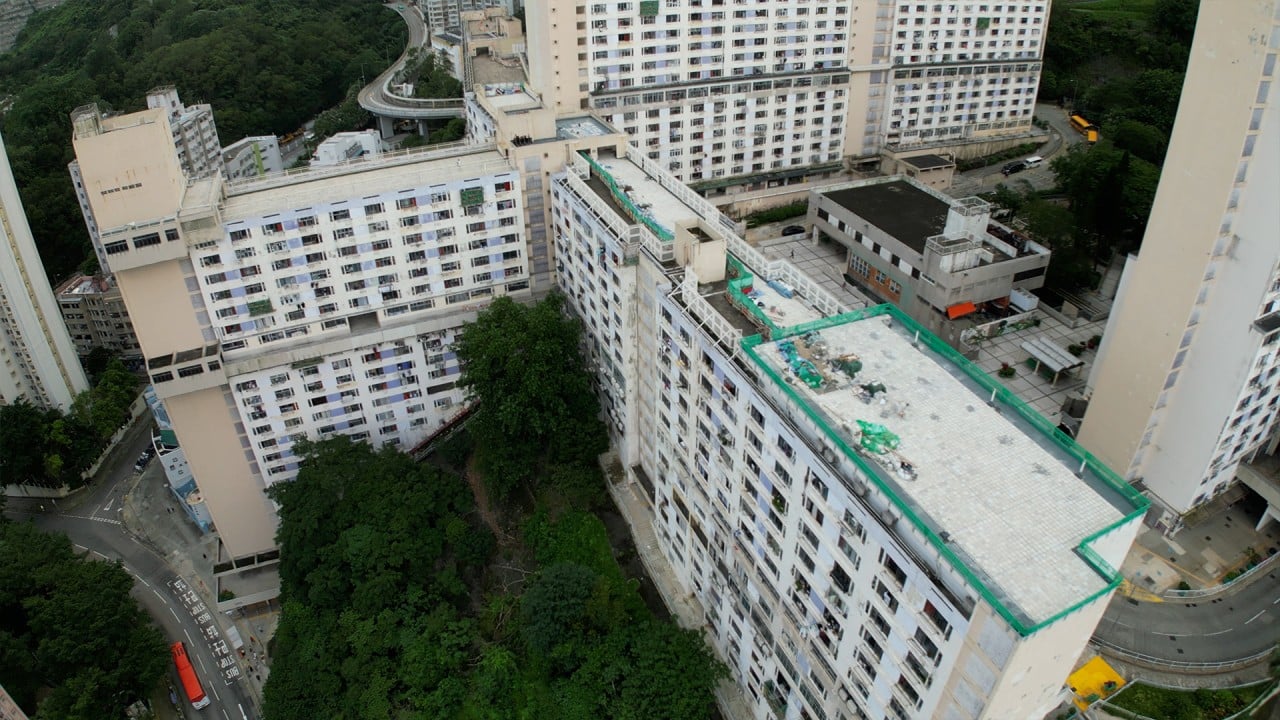Hong Kong’s end-June ‘negative equity’ home loans steady, but could rise if slump persists
- The number of mortgage holders with negative equity fell 5.5 per cent to 30,288 at the end of June, from 32,073 at the end of March, according to HKMA data

Hong Kong’s falling home prices have had a limited impact on mortgage borrowers, but the situation could drag more homeowners into negative equity if the downtrend persists, according to mortgage broker mReferral.
The number could rise above 36,000 later this year if lived-in home prices drop by another 5 per cent, said Eric Tso Tak-ming, chief vice-president of mReferral.
“Negative-equity cases dropped slightly in the second quarter, which is believed to be a reflection of the market situation after the government’s withdrawal of all property curbs,” he added, pointing to the rise in property prices in March, April and May.
The first-quarter numbers had risen threefold from the prior quarter, and were the highest since some 40,000 cases were recorded in the first quarter of 2004 following the severe acute respiratory syndrome (Sars) epidemic, according to mReferral.
The aggregate value of negative-equity loans decreased to HK$155 billion (US$19.8 billion) in the three months to June, versus HK$165.3 billion at the end of March.

